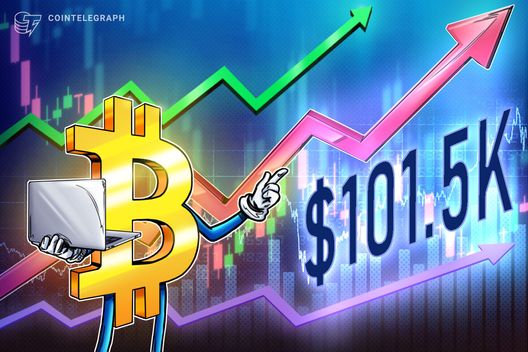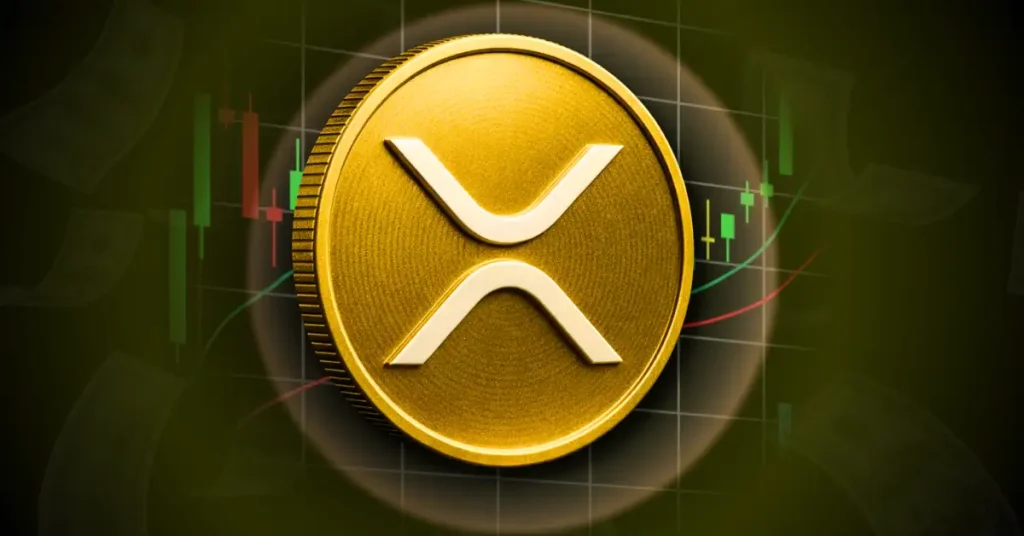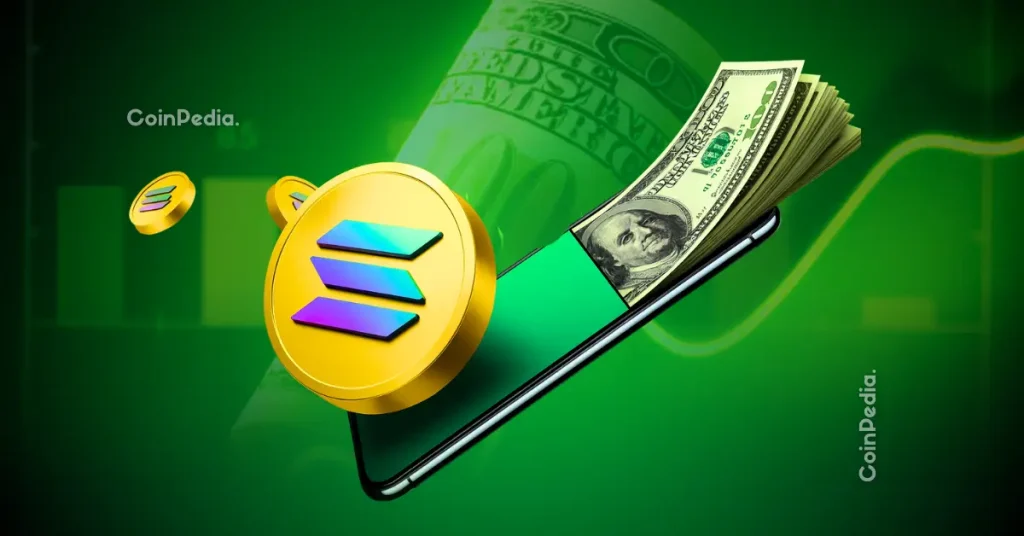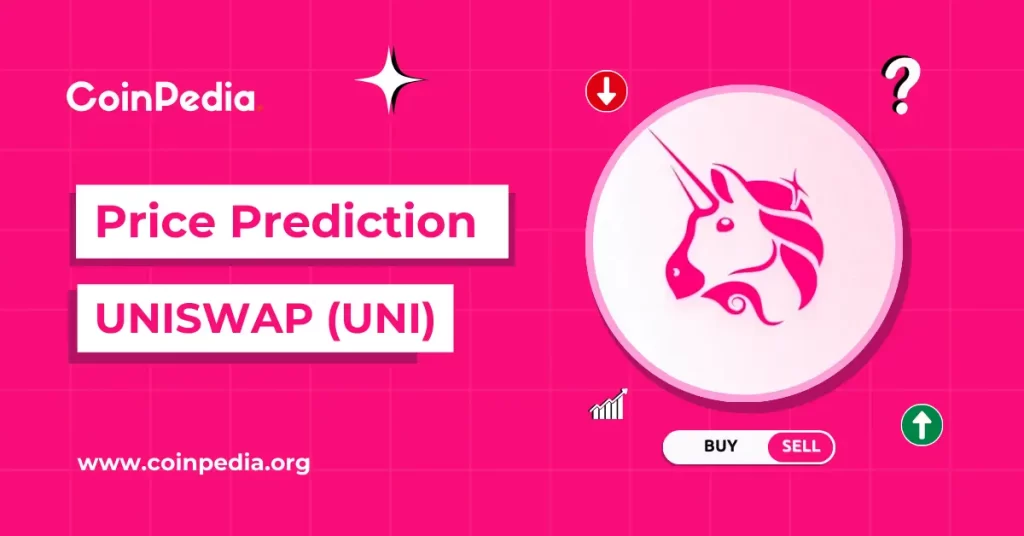Initially celebrated for its groundbreaking potential in digital asset management, blockchain gaming now finds itself battling to stay relevant amidst the fast-paced digital age. It faces challenges in transforming the gaming landscape, while DeFi, its financial equivalent, is witnessing renewed enthusiasm comparable to 2021 levels. Blockchain gaming, however, appears to lag behind, struggling to maintain the high expectations set by its early promise.
Why Has Blockchain Gaming Faltered?
The captivating idea of creating in-game assets with blockchain technology offered real-world value. Yet, as market data reveals, this innovative concept has not managed to translate from theory to effective practice. This has led to dwindling engagement and investment, highlighting the difficulty of combining entertainment with economic value in a seamless way.
Is Blockchain Gaming Fulfilling Its Promise?
The core issues rest in the gap between player expectations and the actual gaming experience delivered. Traditional gamers accustomed to deep, engaging environments find blockchain games shallow. While the blockchain world emphasizes financial rewards, these games often lack lasting appeal, feeling more speculative than entertaining.
Despite aspirations for tokenized ownership, the emphasis on economic aspects at the expense of enjoyable gaming often drives away enthusiasts.
The current gaming ecosystems prioritize speculation, which alienates traditional gamers looking for immersive experiences.
This sentiment reflects the broader industry debate about integrating monetary incentives with compelling gameplay mechanics.
What Challenges Lie Ahead for Blockchain Gaming?
Developers face mounting difficulties due to market overload and shifting gamer behaviors. With forecasts indicating only a 0.9% growth by 2025, the quest for relevance intensifies as entertainment and financial landscapes evolve.
Post-financial crisis hesitancy, fueled by events like the FTX collapse, has muted investor interest. An industry insider accentuates this by stressing the need for genuine gaming innovation over economic speculation.
Investment needs to support true gaming innovation, not financial speculation.
- Web3 gaming sparks interest, but struggles with maintaining genuine engagement.
- Traditional gaming companies hold the experience and resources to potentially guide blockchain gaming towards success.
- Balancing storytelling and blockchain could pioneer more compelling gaming models.
The trajectory for blockchain gaming must shift from prioritizing financial manipulations to enhancing the gaming experience. As developers innovate by synergizing these components, blockchain gaming could secure its position within the broader entertainment sphere.
Disclaimer: The information contained in this article does not constitute investment advice. Investors should be aware that cryptocurrencies carry high volatility and therefore risk, and should conduct their own research.
















 English (US)
English (US)